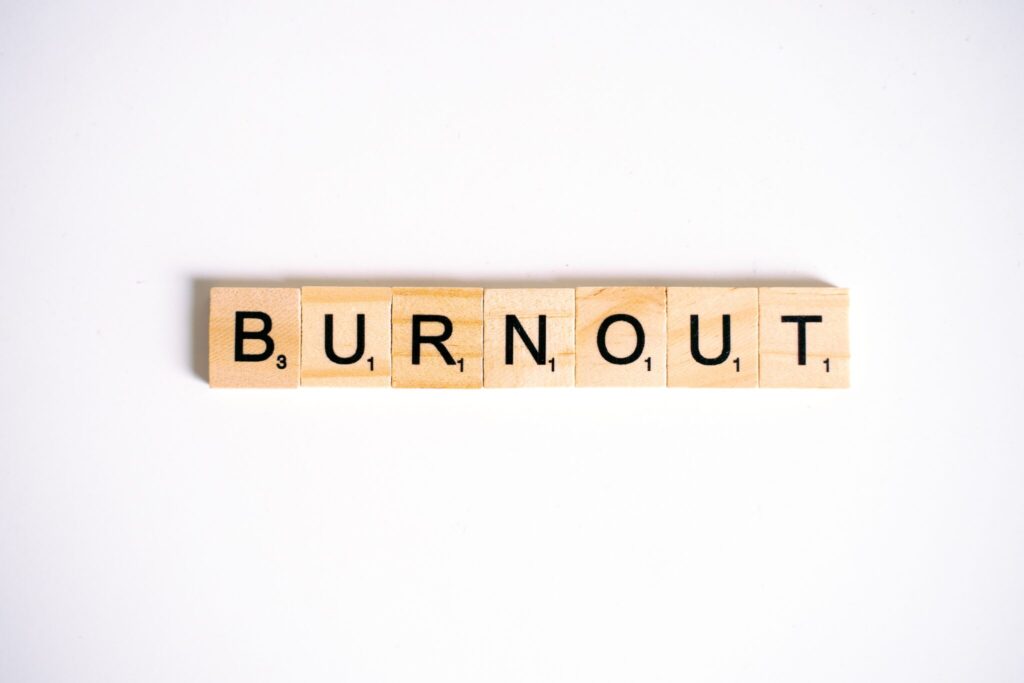
In the World Health Organization, burnout is officially called the syndrome that occurs due to chronic stress at work.
Symptoms of burnout
The weekend has passed, and your strength has not increased? Enjoyable work is not encouraging? A lot of workload and responsibility, irregular schedule, tough deadlines, chronic lack of sleep… All this, like a snowball, accumulates stress, fatigue, irritation. As a result, the person simply says that he can no longer get out of bed and go to work. Internally, a person begins to hate their bosses, colleagues, or the processes that need to be done.
These are all symptoms of burnout. By the way, it is in the International Classification of Diseases. But don’t rush to sick leave. Because burnout is not a disease!
In the World Health Organization, it is officially called the syndrome that occurs due to chronic stress at work. Every third worker in Europe and the USA turns to psychologists with such complaints.
What are the consequences of burnout?
Due to overvoltage, sleep is disturbed, immunity decreases, problems with memory and concentration appear. In addition, the hormonal background goes astray and chronic disorders become aggravated.
But in fact, the consequences of all this are neurotic disorders, as:
- Prolonged neurotic disorders,
- Anxiety disorders,
- Minor depressive disorder.
How to deal with or avoid stress?
In this case, you cannot do without qualified assistance. But how do you recognize burnout in time and learn to deal with or avoid stress at work?
How to restore energy and strength?
It is important to somehow restore the lost energy to be in the resource again. The main thing that you can do now if you have the opportunity, is to go on vacation. Some people radically change their job or profession.
Problems in your personal life also lead to burnout
Emotional burnout can also occur due to problems in your personal life.
No relationship is bad or toxic. When a person has low self-esteem, then he does not believe in himself. Shy, squeezed, it is difficult for him to say “no” – then everyone blames him.
Who is at group risk of burnout?
Most often, work overexertion threatens those who tend to go to extremes:
- perfectionists,
- maximalists,
- people with perfectionist syndrome.
To reduce burnout at work, many companies are developing programs to restore the emotional health of their employees. For example, they equip relaxation zones where you can relax in the air, read a book, or just be in silence.
Physical activity is no less important – work out on simulators or play table tennis. At least 30 minutes a day is sufficient, as recommended by the WHO.
Some international companies also provide health insurance against mental health problems, provide corporate training on healthy lifestyles and resilience to stress, send them on unscheduled vacations or consult with an in-house psychologist, and also offer additional weekends and flexible hours.
This, of course, does not guarantee that the staff will not burn out. However, it is more profitable to prevent than to cure later, because emotionally devastated workers have a drop in productivity, and a company – profit.
Picture Credit: Pexels
